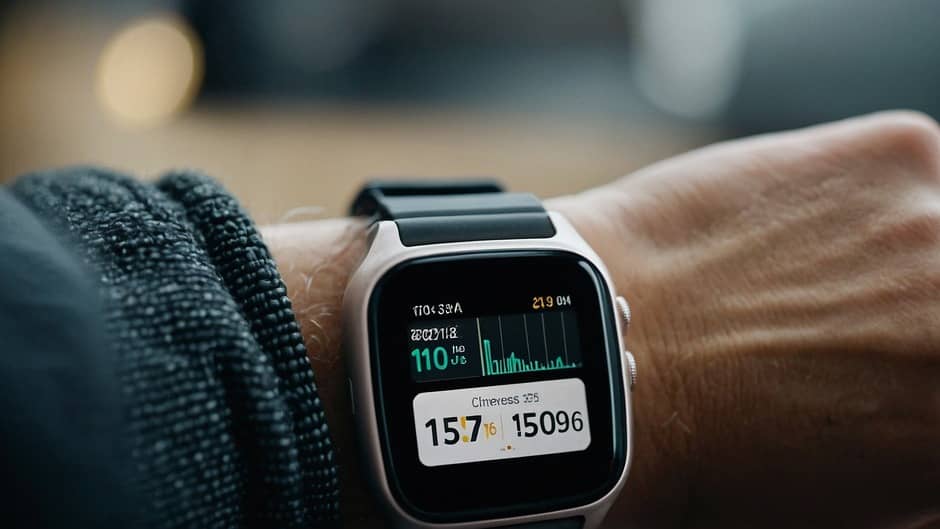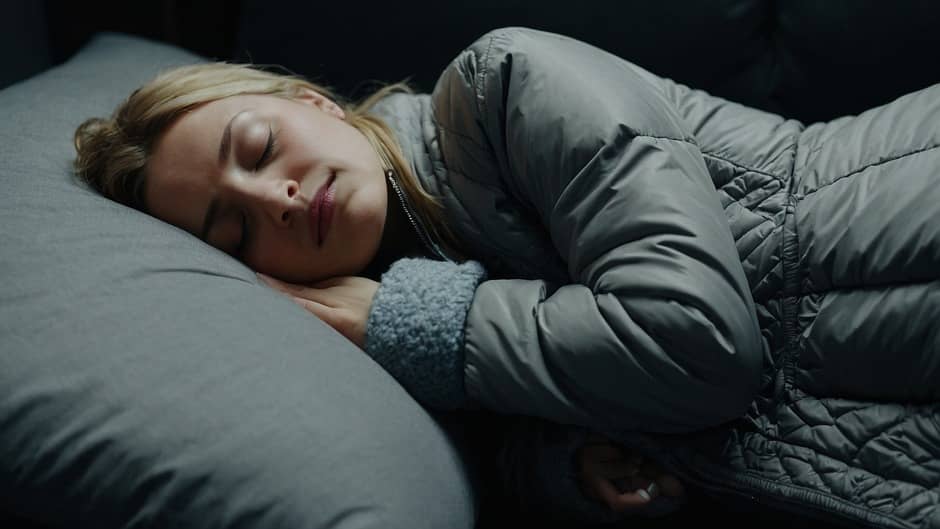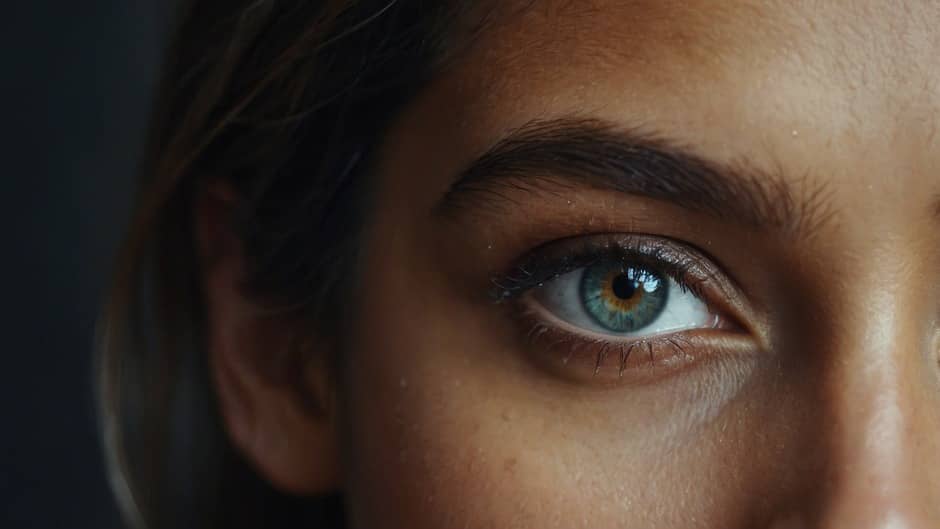Table of Contents
- What is CPAP (Continuous Positive Airway Pressure)?
- What is Sleep Apnea?
- About Sleep Apnea Treatment
- Sleep Apnea Treatment in Adults
- Sleep Apnea Treatment in Young People
- Does Obesity Cause Sleep Apnea?
- Sleep Apnea Treatment Without Using CPAP
What is CPAP (Continuous Positive Airway Pressure)?
Topic for today is can you treat sleep apnea without a CPAP.
Imagine trying to breathe and having someone gently press against your mouth at the same time.
Sounds hard, doesn’t it? That’s basically what CPAP treatment entails, but in a very positive way! Continuous Positive Airway Pressure is referred to as CPAP. It is a common treatment for people with sleep apnea.
This is how it operates: A continuous flow of air is provided by CPAP machines through a mask that you wear while you sleep.
This consistent flow of air keeps your airways open, preventing them from closing and interfering with your breathing. To ensure trouble-free breathing throughout the night, imagine it as a gentle prod that keeps your airway open.
It’s similar to having a personal midnight attendant who makes sure you get enough oxygen to sleep at the appropriate hour. Most people find that using CPAP helps them sleep better, feel more rested, and have more energy throughout the day.
It’s a simple yet effective way to address the disturbances caused by sleep apnea.
What is Sleep Apnea?
When you have sleep apnea, your breathing repeatedly stops and starts at the same moment while you are asleep.
It feels as though your body stops breathing for a few seconds, or even minutes, at a time. There are several basic kinds: The most common type of sleep apnea, called obstructive sleep apnea, is caused by your throat’s muscles relaxing too much and closing off your airway.
Central sleep apnea is less common and occurs when the brain fails to provide the right signals to the muscles that control breathing. Subsequently, complex sleep apnea syndrome, which combines the two, could exist.
Individuals who have sleep apnea may wake up frequently during the night, snort loudly, and feel exhausted even after a full night’s sleep.
This is a dangerous scenario because it can lead to many health issues like high blood pressure and coronary heart disease. Therefore, it’s definitely worth talking to a doctor if you’re experiencing unusually high levels of stress or sleepiness at night to see whether sleep apnea could be the explanation.
About Sleep Apnea Treatment
Your overall fitness depends on treating your sleep apnea.
Untreated sleep apnea can lead to a number of health problems, including high blood pressure, heart problems, and daytime sleepiness.
Maintaining an open airway during sleep is the main goal of the treatment. As we previously discussed, this means using a CPAP machine for a lot of people. However, that isn’t the most practical choice anymore.
Lifestyle changes including losing weight, abstaining from alcohol, and sleeping on your side might occasionally help manage mild cases. Additionally, there are dental devices that can move your jaw to maintain an open airway.
In more severe situations, surgery will likely be required to remove excess tissue from the throat or correct structural problems.
Treatment regimens are frequently customized to meet the needs of each patient, so working with a healthcare provider will help you find the best approach.
Also Read – Can Too Much Screen Time Cause Sleep Problems? (2024)
Sleep Apnea Treatment in Adults
The most common and effective treatment for adult sleep apnea is the continuous positive airway pressure (CPAP) device.
Its honesty and well-established musical history make it exceptional. However, it’s not the easiest choice anymore. Changes in lifestyle may have a significant impact on certain persons.
For instance, reducing alcohol consumption, giving up smoking, and losing weight can all help manage symptoms. Furthermore, positional therapy, which involves sleeping on your facet rather than your back, might occasionally lower the intensity of symptoms.
Customized devices that realign the jaw called oral appliances are likely an option if CPAP isn’t suitable or doesn’t function effectively. In more severe situations, surgery may be considered to remove or reduce excess tissue in the neck or to correct anatomical problems.
Finding a solution that is agreeable for each person is key, as is working together with a healthcare provider to keep things under control.
Sleep Apnea Treatment in Young People
While the treatment of sleep apnea in children differs slightly from that in adults, the goal is always the same: to keep the airway open while they sleep.
Sometimes removing big tonsils and adenoids might resolve sleep apnea in children, as these conditions are often linked to it.
A significant impact can also be played by lifestyle modifications for older children and teenagers.
It can be beneficial to promote healthful diet, regular exercise, and maintaining a healthy weight. CPAP therapy is another an option, however it’s typically less common in younger children.
In situations when CPAP is not appropriate, oral devices may be utilized.
Seeking a professional diagnosis and treatment plan is essential if sleep apnea is causing significant issues, such as difficulties with development, learning, or behavior.
The age of the patient, the severity of the ailment, and their general health will all influence the treatment plan.
Does Obesity Cause Sleep Apnea?
Sleep apnea and obesity are often co-occurring conditions.
Excess fat can build up around the throat and neck region in overweight people, which may put strain on the airway. This increases the risk of the airway collapsing during sleep, which is the primary cause of obstructive sleep apnea.
Reducing body weight may have a general impact on lessening or maybe eliminating symptoms of sleep apnea. Research has demonstrated that even a small weight loss can improve the severity of sleep apnea.
Combining scientific therapies with lifestyle modifications, such as a well-balanced weight-reduction diet and regular exercise, may prove to be quite beneficial for those with sleep apnea and weight issues.
A healthcare professional, dietician, and probably a sleep expert are working together to develop a comprehensive plan to manage each person’s weight and sleep apnea.

Sleep Apnea Treatment Without Using CPAP
Let’s talk about how you can manage your sleep apnea without relying on a CPAP machine. For those who may not be aware, sleep apnea is a condition in which your breathing repeatedly stops and starts during the night.
It might cause you to feel exhausted during the day or possibly negatively impact your general health. Although CPAP machines are a common treatment for sleep apnea, there are alternative methods that may be more effective for you.
Now let’s explore some of those choices!
1. Lifestyle Changes
Sometimes, little adjustments to your daily routine can have a big impact.
Losing weight is one of the most practical changes. Having excess weight, especially around the neck, can put strain on your airway and exacerbate sleep apnea.
You may lose those extra pounds and breathe easier at night by eating a healthier diet and maintaining an active lifestyle. Avoiding booze and sedatives is another important factor to remember.
These substances have the potential to relax the muscles surrounding your throat, which could exacerbate sleep apnea.
Attempt to convince them otherwise, preferably in the evening.
2. Positional Therapy
Some people may find that their sleep apnea worsens when they sleep on their lower back.
Sleeping for your facet might help in those situations. There are gadgets and pillows that aren’t like the others that can help keep you in the right position at night.
Even though it’s simple to do, it can have a big impact!
3. Oral Appliances
Dental devices, often known as oral appliances, could be a fantastic way to use CPAP.
By moving your lower jaw forward, you can wear these devices for your mouth while you paint or sleep. This makes it easier to keep your airway open.
They are frequently recommended for people with mild to moderate sleep apnea.
If you’re interested in getting a specially designed device, you should see a dentist who specializes in treating sleep disorders.
Also Read – What Causes Sleep Immediately After Eating? – Is It Advisable To Sleep Immediately After Eating? (2024)
4. Surgery
In certain instances, if other treatments have failed, a surgical procedure is likely the next best option. Apart from removing excess tissue from the throat or realigning the jaw, there are special types of procedures.
Your physician may wish to determine the best course of action based entirely on your particular circumstances.
5. Improving Sleep Hygiene
Controlling sleep apnea can also be aided by good sleeping habits. Strive to stick to a regular sleep schedule by going to bed and waking up at the same times each day.
In order to ensure that it gets a good night’s sleep, it can also be made less complicated by creating a calm and cozy sleeping environment.
6. Treating Allergies
Hypersensitivity reactions can occasionally cause nasal congestion, which can exacerbate sleep apnea.
If so, managing your hypersensitivity reactions with medications or other treatments may help reduce the symptoms of your sleep apnea. And with that, you have it!
Without the use of a CPAP machine, sleep apnea can be managed with a combination of lifestyle modifications, posture corrections, mouth appliances, and sometimes even surgery.
Since every person is unique, it’s critical to consult with your doctor to find the best treatment strategy for you.
Read us on Medium.




